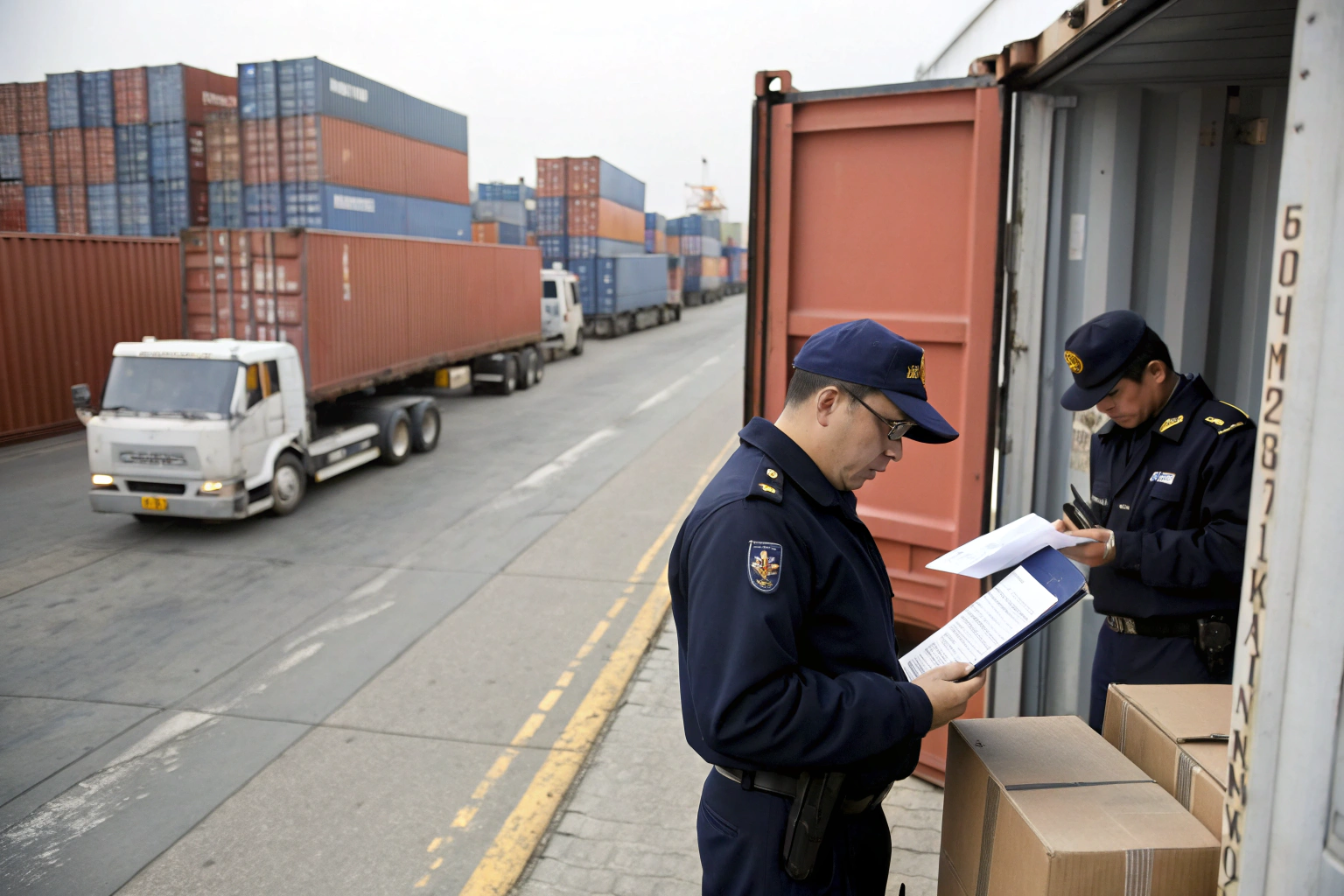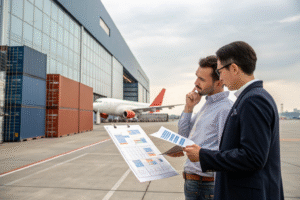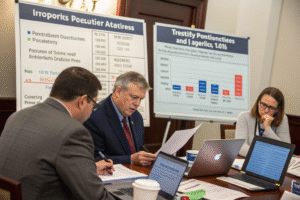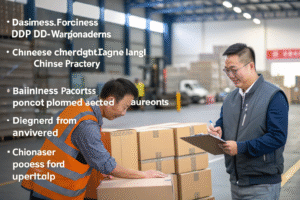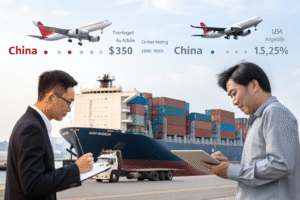Every importer fears one situation. The cargo reaches the port, but customs stops it. A hold creates stress, extra costs, and missed delivery dates. Small businesses often ask me what this really means and how they should respond.
If customs holds your cargo, it means officials want to check it. They may review paperwork, inspect goods, or calculate duties. The review can take hours, days, or even weeks.
Let’s explore why this happens and what steps you can take.
Why Does Customs Hold Cargo?
Customs does not stop goods without a reason.
Most holds occur because of missing paperwork, suspicious cargo, unpaid duties, or random checks.
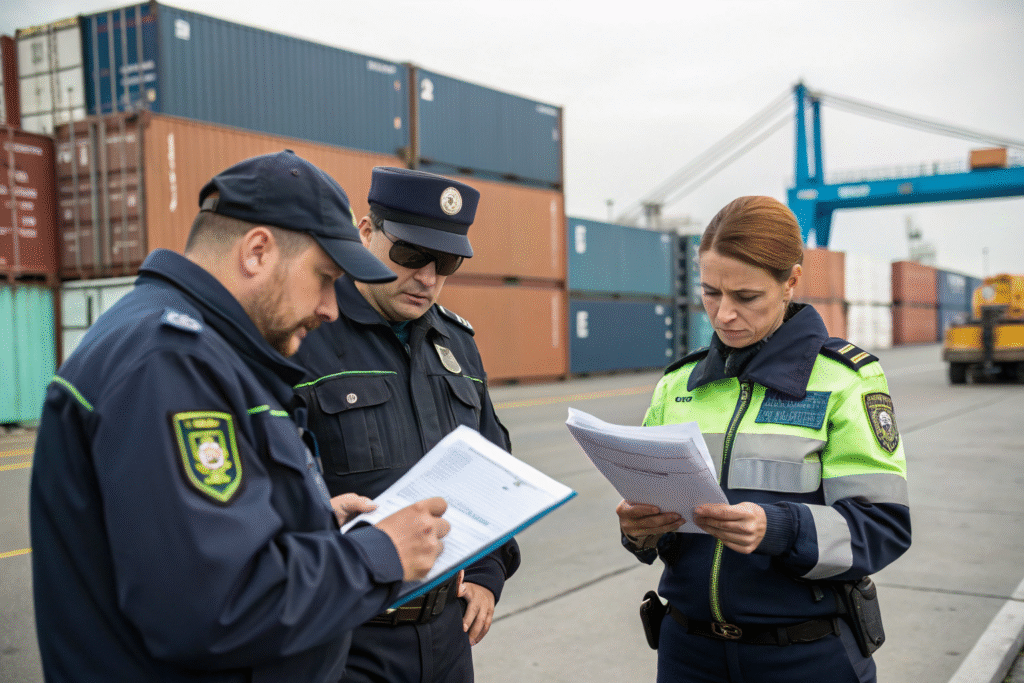
What Documentation Issues Trigger Holds?
Incorrect or missing paperwork is the most common cause. Errors with HS codes, packing lists, or certificates will stop clearance. The U.S. Customs and Border Protection lists the main requirements for import documents.
Can Random Inspections Happen?
Yes. Customs often selects shipments at random. Even if all paperwork is correct, your goods may still be checked. Trade.gov explains that random inspections are part of standard border security.
What Happens During a Customs Hold?
Once cargo is on hold, customs starts a review process.
Officials may compare documents, verify product labels, or physically examine the goods.
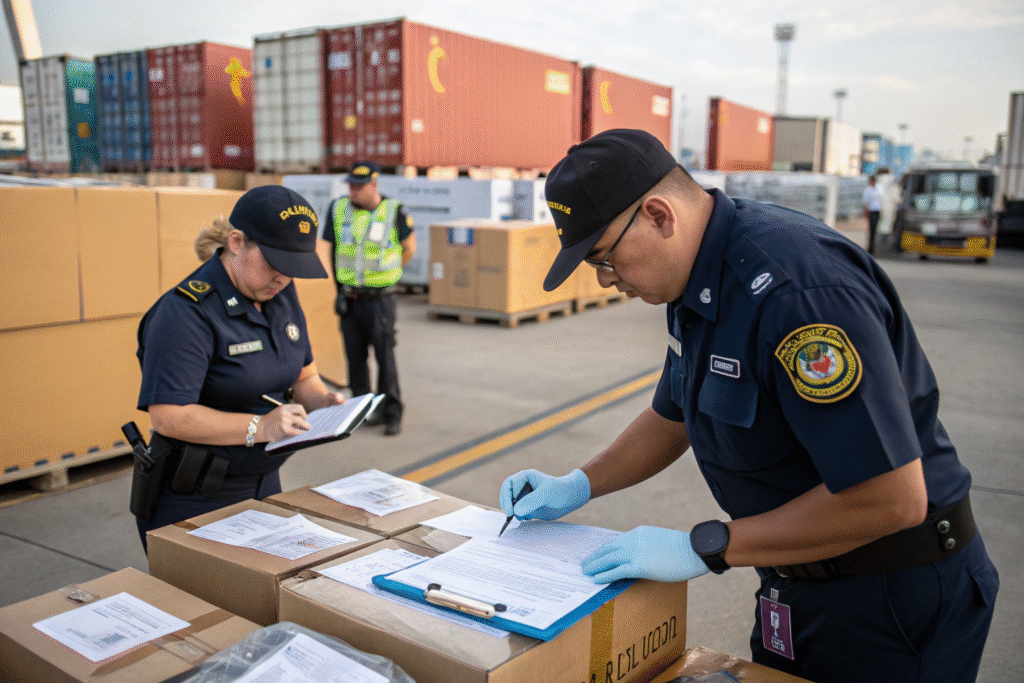
How Long Can the Process Take?
The time depends on the type of inspection. A document check may last one day. A full physical inspection or lab test may take several weeks. Freightos explains how inspection type affects clearance time.
Who Pays the Extra Costs?
Importers usually pay. Charges may include storage, demurrage, or re-inspection fees. Shipping and Freight Resource notes that these costs can quickly reduce profit.
How Can Importers Solve the Problem?
Importers can act to fix the problem.
The fastest way is to answer customs quickly, provide missing documents, and work with a skilled freight forwarder.
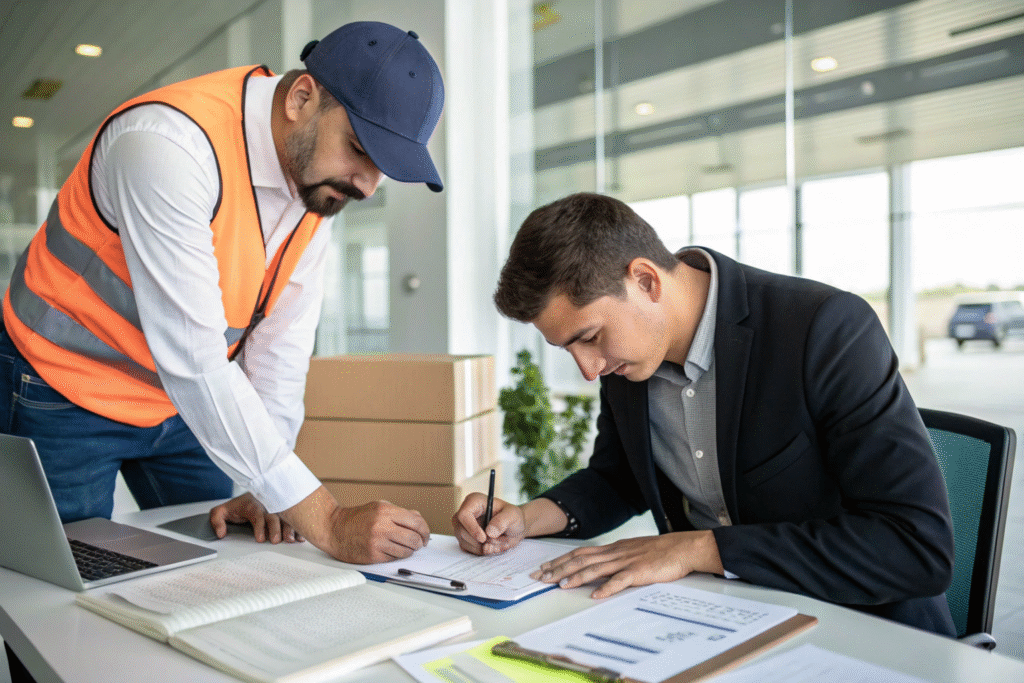
How Do Freight Forwarders Help in Customs Holds?
Forwarders guide importers through clearance. They know which documents customs requires and how to respond. Many also have local contacts to speed up the process. The International Chamber of Commerce highlights their role in global trade.
What Should Importers Do Immediately?
Stay calm. Contact your forwarder and ask for the exact reason for the hold. Then prepare the missing information or paperwork. Export.gov emphasizes fast communication as the key to resolution.
How Can Businesses Prevent Customs Holds?
Prevention is often the best solution.
Businesses can lower the risk of a hold by preparing complete paperwork, using correct HS codes, and working with reliable partners.
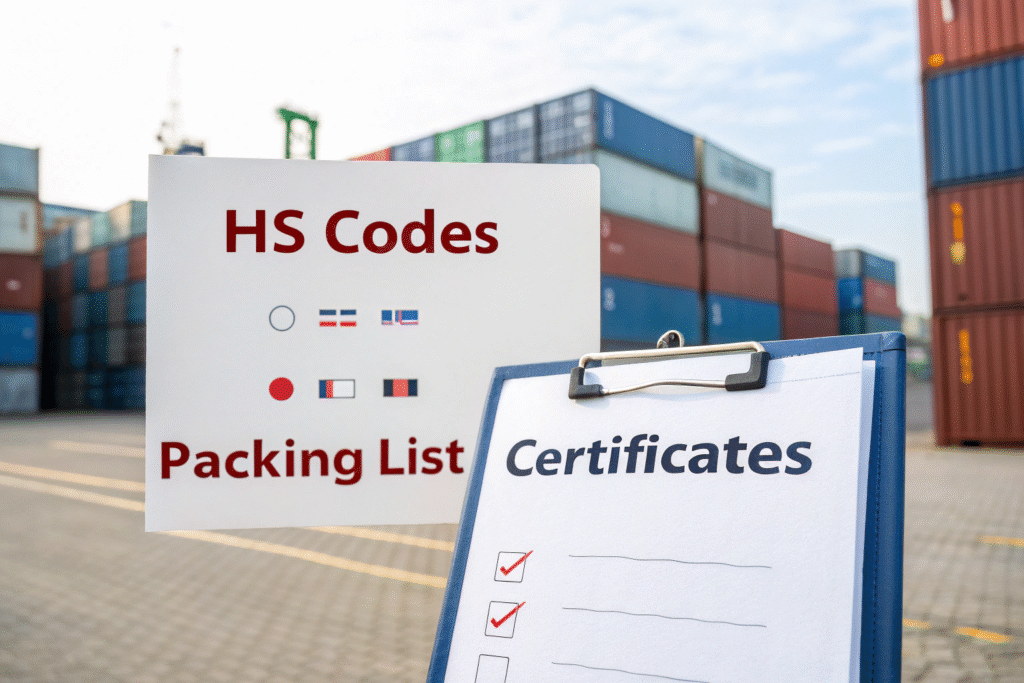
Why Is Proper Documentation So Important?
Accurate paperwork ensures smoother clearance. Importers should double-check invoices, packing lists, and certificates before shipping. The ICC Incoterms explain how trade terms shape customs requirements.
How Can a Reliable Partner Reduce Risks?
A trusted freight forwarder checks all documents before shipment. They also prepare importers for duties and taxes. Port Technology shows how professional logistics partners reduce customs delays.
Conclusion
A customs hold can feel stressful, but it does not always mean serious trouble. Most holds happen for simple reasons like missing paperwork or routine checks. The key is to act fast, stay calm, and work with experts.
By preparing documents carefully and relying on a reliable freight forwarder, businesses can reduce risks. Even if customs holds the cargo, quick action and strong support can help resolve the issue with limited loss.
